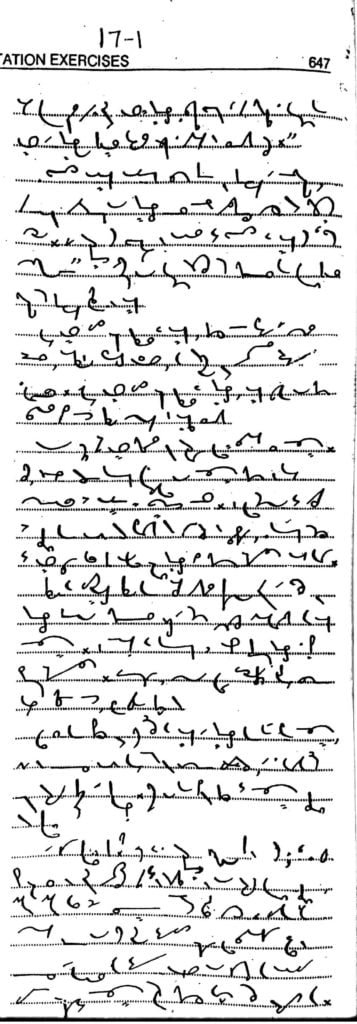Shorthand Dictation 80 Words per minute with outline, 10 Minutes Test 17
 The world today, whether it likes it or not, is in the era of the lone super power of pox Americana of sorts when all other countries are equal and only the united states is more equal than the others. America insists that the cold war is over. But the habits of decades are hard to erase, and in its dealings with other countries, the united states more often than not continues to apply a mind set in which cold war syndromes manifest themselves.
The world today, whether it likes it or not, is in the era of the lone super power of pox Americana of sorts when all other countries are equal and only the united states is more equal than the others. America insists that the cold war is over. But the habits of decades are hard to erase, and in its dealings with other countries, the united states more often than not continues to apply a mind set in which cold war syndromes manifest themselves.
The united states keeps maintaining for instance that it wishes to be even handed between India and Pakistan. Such a stance was easy to understand, and could even have been consider logical, when India was perceived as tilting towards the Soviet Union and Pakistan was deemed to be a Bulwark against soviet communist expansionism.
The soviet Union has however, collapsed and the Soviet communists threat no longer exists. What then is the rationale for parity between India and Pakistan? True, Pakistan is reasonably large country with a Muslim population of around 120 million, a well trained standing army, and a degree of clout among the Islamic nations’ To that extent, Pakistan can be dubbed a nation that is important in America’s geopolitical matrix.
Why is it then that whenever any senior American official visits India, he feels the need to balance it with a visit of equal duration to Pakistan? Whey is it that whenever the United States thinks of interacting with India in anty context, it always seems to look over its shoulder to make sure that Pakistan does not misunderstand?
 The latest example of America’s stubborn adherence to even handedness was the recent trip to the subcontinent by Defence secretary William perry during which he spent the same amount of time in the two countries.
The latest example of America’s stubborn adherence to even handedness was the recent trip to the subcontinent by Defence secretary William perry during which he spent the same amount of time in the two countries.
The question of parity is not confined to the duration of the stay alone. Mr. Perry signed an agreed minute in India, establishing mechanism for United States and India defence officials to meet on a whole range of issues. But that happened only after he had re-established the United States Pakistan consultative group which provides a forum for U.S. and Pakistani defense officials to consider a range of security issues.”
The agreement in India included some talk about technology and co-production, which could not be replicated in Pakistan case because of restrictions imposed by the resister Amendment. But fresh pentagon was careful to announce that the agreement with India was very embryonic” and there were no firm policies or programmers for future defence product ion or technology transfers to India.






















